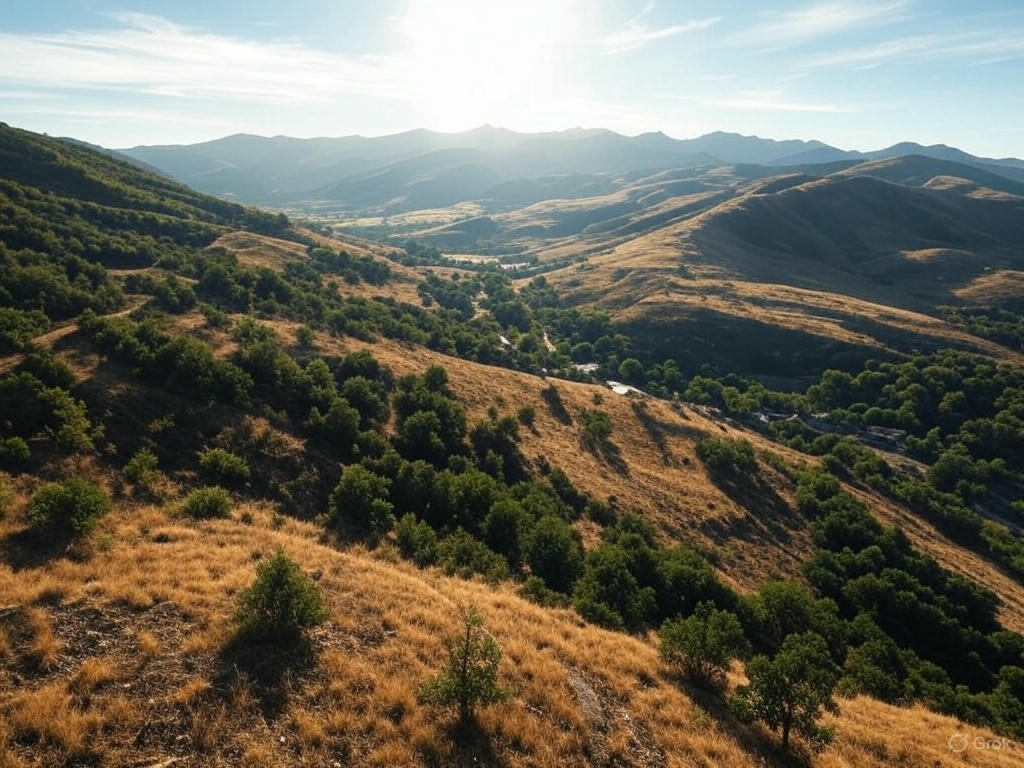Introduction
So, you’ve found the perfect piece of land. Maybe it’s got mountain views, maybe it’s got a creek running through it, or maybe it’s just a wide-open space where you can build your dream home or start that off-grid lifestyle. But before you start making plans, there’s one big thing you need to check—zoning laws for buying land.
As a realtor in Southern Colorado, I’ve seen too many people get excited about a piece of land only to find out later they can’t use it the way they wanted. Understanding zoning laws for buying land before you purchase will save you a ton of headaches (and money). So let’s break it down in a way that actually makes sense.
What Are Zoning Laws for Buying Land?
Zoning laws are local regulations that control how land can be used. They exist to organize development, keep property values stable, and prevent, well… chaos. Without zoning, you might wake up one day and find a junkyard next to your house. Not exactly the dream, right?
Common Zoning Classifications
Most zoning laws for buying land fall into a few basic categories:
- Residential (R) – Land is designated for housing. But even within residential zoning, there are variations (single-family, multi-family, etc.).
- Commercial (C) – This is for businesses. If you’re planning to open a shop, restaurant, or Airbnb, check if the land is zoned commercial.
- Agricultural (A) – Ideal for farming, ranching, or homesteading. Some agricultural zones allow homes, but others don’t.
- Industrial (I) – Factories, warehouses, and heavy manufacturing operations.
- Mixed-Use (MU) – A combination of residential and commercial, which is becoming more common in growing areas.

Every county has its own specific zoning laws for buying land, and they don’t all follow the same labels. Always check directly with the county before assuming anything.
Why Zoning Laws Matter When Buying Land
Zoning laws for buying land don’t just tell you what you can do with the land—they also tell you what you can’t do. Here are some real-world examples of why that matters:
Can You Build a Home?
One of the most common zoning law issues I run into is buyers assuming they can build a house, only to find out later that the zoning doesn’t allow residential structures—or requires a minimum acreage (e.g., 35 acres for a home).
Can You Run a Business?
Thinking about running a small farm stand? Maybe an auto repair shop? If the land is zoned residential, you might be out of luck. Some counties allow home-based businesses, but they often have strict rules about signage, traffic, and noise levels.
Are RVs or Tiny Homes Allowed?
I get this question all the time. People want to live in an RV or a tiny home on their land. The problem? Many counties have zoning laws for buying land that prohibit full-time RV living unless you’re in an RV park.
Can You Subdivide the Land?
Some buyers want to purchase a large parcel and split it up to sell smaller lots. That’s a solid investment strategy—but only if the zoning laws for buying land allow it.
How to Check Zoning Laws for Buying Land
Okay, so how do you avoid surprises? Do your homework. Here’s where to start:
- Contact the County Zoning Office – Every county has a zoning or planning department. Call them and ask about the zoning laws for buying land in that area.
- Look Up Online Zoning Maps – Many counties have GIS (Geographic Information System) maps that show zoning designations.
- Read the County Land Use Code – This document outlines what’s allowed in each zoning district.
- Talk to a Realtor Who Knows the Area – A good realtor (like yours truly) can help guide you through zoning laws for buying land and even recommend alternative properties if needed.
How to Change Zoning or Get a Variance
So what if you find the perfect property, but the zoning laws for buying land don’t fit your plans? You may have options.
Applying for a Zoning Change

You can petition the county for a zoning change, but be prepared for:
- Public hearings (neighbors will get to weigh in!)
- A long process (could take months or even years)
- No guarantees (counties rarely approve individual zoning changes unless there’s a strong case for it)
Applying for a Variance
A variance is a special exception to zoning rules. For example, if a property requires 10-acre minimums for building, but you have 9.5 acres, you might be able to get a variance to build anyway. These are easier to get than full zoning changes, but still require county approval.
Zoning Pitfalls to Avoid
- Never assume zoning is what you think it is – Always verify zoning laws for buying land with the county.
- Watch out for HOA or covenant restrictions – Even if zoning allows something, a private HOA might have stricter rules.
- Check for future zoning changes – Counties sometimes rezone land, which could affect your plans.
Conclusion: Be Informed, Buy Smart
Understanding zoning laws for buying land isn’t the most exciting part of buying land, but it’s one of the most important. Before you make any purchase, take the time to check zoning laws, ask the right questions, and work with professionals who know the area.
Looking to buy land in Southern Colorado? Let’s make sure you get the right property for your needs—no surprises, no setbacks. Reach out anytime, and let’s find your perfect piece of land the right way




